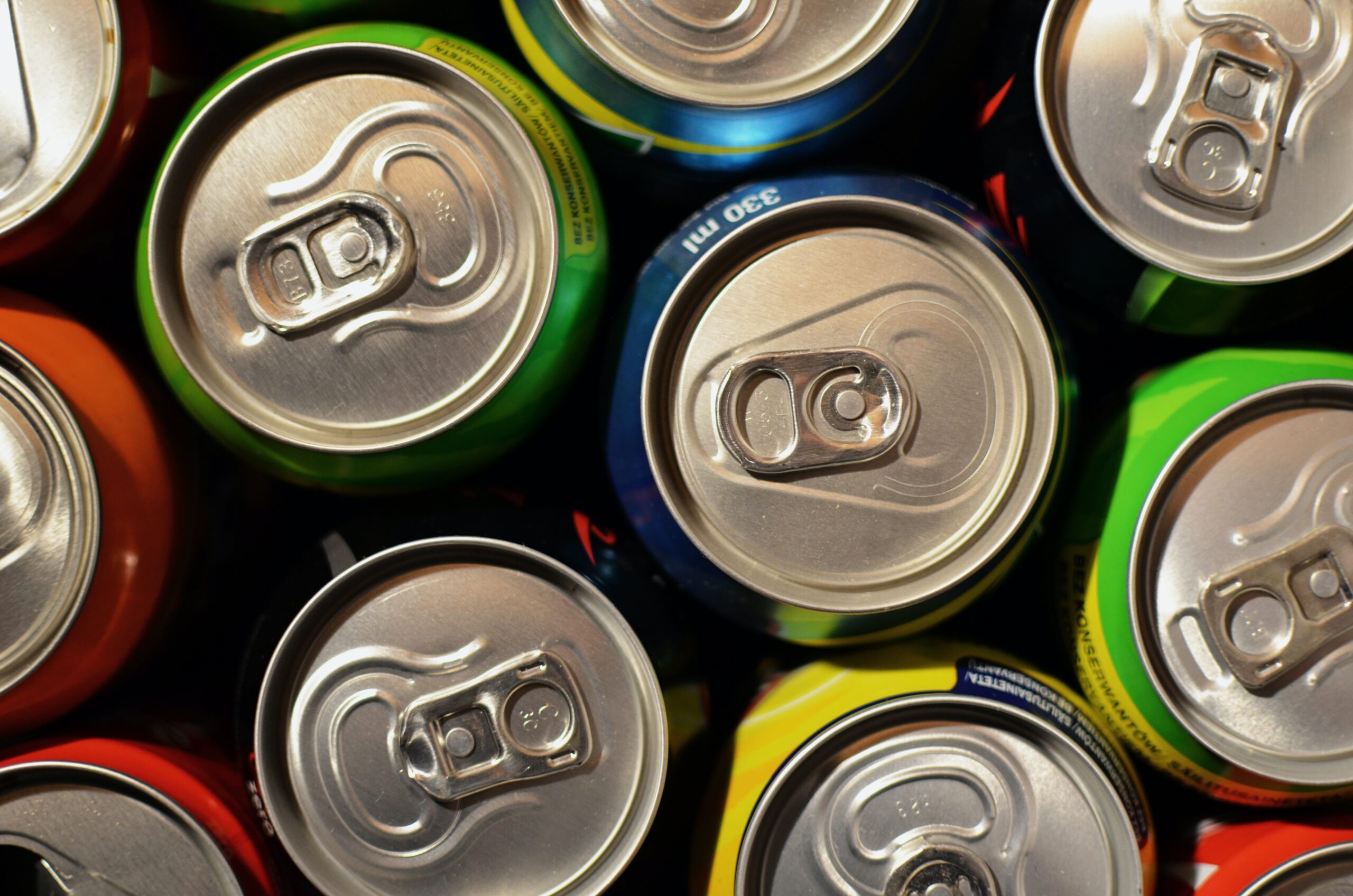A common ingredient in energy drinks could help fuel the growth of blood cancer cells, new research reveals. Scientists at the University of Rochester have discovered that taurine, a common ingredient in many energy drinks, can feed leukemia cells and make them grow faster.
The discovery happened by chance when researchers were studying bone marrow at the university’s Wilmot Cancer Institute. They found that taurine, which our bodies naturally produce, helps fuel leukemia cells. These cancer cells can’t make their own taurine, so they import it from healthy bone marrow using a specific protein pathway.
“Our finding that taurine can be produced by the bone marrow microenvironment was completely unexpected and therefore surprising,” says Dr. Jeevisha Bajaj, who led the research team. “No one had shown this before, and it added critical information to studies of the bone marrow microenvironment, where blood cancers arise and expand.”
The study focused on several types of blood cancers that start in bone marrow, including acute myeloid leukemia (AML), chronic myeloid leukemia (CML), and myelodysplastic syndromes (MDS). When these cancer cells absorb taurine, they use it to break down sugar for energy, helping them multiply quickly.
What This Means for Energy Drink Users
Dr. Marc Siegel, a clinical professor of medicine at NYU Langone Health, points out an important distinction: “There is concern that high-powered energy drinks containing too much taurine could fuel leukemia cells, but at the same time, there is no evidence that these drinks cause the conversion of regular bone marrow cells into leukemia cells.”
Taurine isn’t just in energy drinks – it’s naturally present in meat, fish, and eggs. Our bodies also make it, and it serves important functions in the heart, brain, and muscles. Some cancer patients even take taurine supplements to help with chemotherapy side effects.
Similar Posts
Hope for New Treatments
The research team found they could slow down leukemia growth in laboratory tests by blocking cancer cells from absorbing taurine. This discovery could lead to new treatments for aggressive blood cancers.
“We are very excited about these studies because they demonstrate that targeting uptake by myeloid leukemia cells may be a possible new avenue for treatment of these aggressive diseases,” Dr. Bajaj explains.
The scientists are now planning to study taurine levels in human leukemia patients and develop drugs that could stop cancer cells from using this compound.
Medical Advice
Dr. Jane Liesveld, a Wilmot oncologist who co-authored the study, advises caution with high-dose taurine supplements, especially for leukemia patients. The research team suggests people with leukemia should talk to their doctors about taurine intake from energy drinks or supplements.

The study appears in the scientific journal Nature and received funding from several national health organizations, including the National Cancer Institute.
This discovery adds another piece to the puzzle of how cancer cells survive and grow, while opening potential new paths for treatment. For now, researchers continue their work to turn this knowledge into practical treatments for blood cancer patients.


















